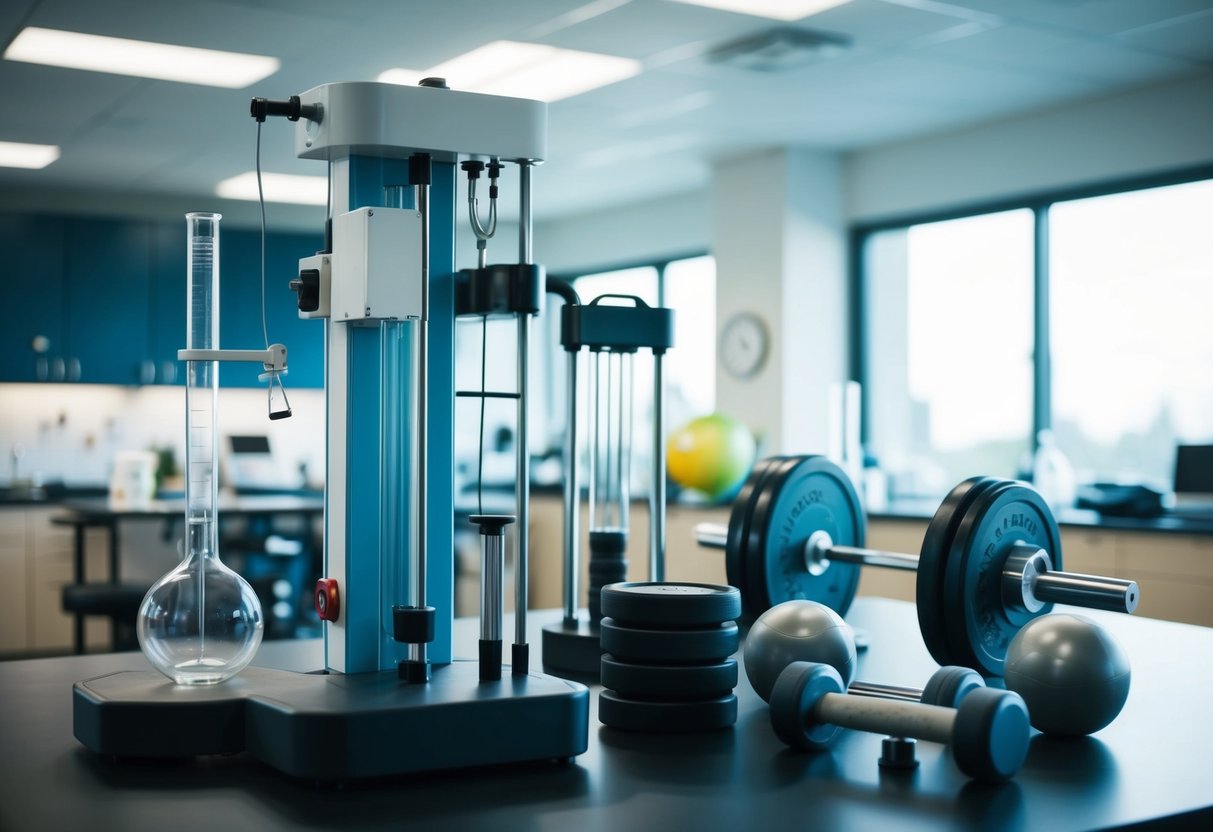
Role of Compression Gear
Compression gear can play a significant role in enhancing muscle performance and aiding short-term recovery. Athletes often use compression garments to improve circulation and reduce muscle soreness.
Compression Garments and Muscle Performance Enhancement
Compression garments are designed to apply consistent pressure to the muscles. This pressure supports improved blood flow, which can enhance oxygen delivery to the active muscles. Many athletes find that wearing compression gear during workouts can slightly improve performance by reducing muscle oscillation and fatigue.
The fit and fabric of these garments are crucial. High-quality materials ensure durability and comfort, while the correct level of compression supports effective muscle performance. It’s important for users to choose the right size to maximize these benefits.
How Compression Aids in Short-Term Recovery
Compression gear is also beneficial in the recovery phase post-exercise. It helps in reducing muscle swelling and the onset of soreness by promoting blood circulation and lymphatic drainage.
After intense physical activity, athletes may wear these garments to experience quicker recovery times. The increased blood flow aids in clearing metabolic wastes such as lactic acid, thereby reducing muscle stiffness. The consistent compression can also minimize microtraumas sustained during exercise, making it a useful tool for those seeking to enhance their recovery routine.
Enhancing Recovery Through Nutrition
Nutrition plays a critical role in muscle recovery. By consuming specific nutrients post-workout, athletes can expedite the healing process and reduce soreness.
The Relevance of Protein Post-Workout
Protein is crucial for muscle repair and growth. Consuming protein after exercise aids in the replenishment of damaged muscle fibers. Experts recommend ingesting around 20 to 30 grams of protein, preferably within two hours after a workout, to optimize recovery. Suitable sources include lean meats, eggs, and plant-based proteins such as beans and lentils. Protein shakes also offer a convenient option for those on the go, making them a popular post-exercise choice. The amino acids in protein not only rebuild muscle but also enhance strength and performance over time.
Supplementation: Creatine Monohydrate and Tart Cherry Juice
Creatine monohydrate is widely used in sports nutrition for its ability to boost recovery rates. It helps replenish adenosine triphosphate (ATP) levels in the muscles, which can be depleted during intense workouts. Research suggests that regular creatine supplementation can reduce muscle cell damage and inflammation, enhancing overall recovery. Tart cherry juice, known for its antioxidant properties, can decrease muscle soreness and accelerate recovery. Consuming tart cherry juice after exercise may reduce inflammation and aid in muscle repair. Both supplements, when used effectively, can contribute to better muscle recovery and improved athletic performance. Including these in a post-exercise nutrition plan is beneficial for those aiming to recover quickly.
Psychological Factors in Recovery
Psychological factors such as stress and a sense of well-being significantly affect how the body heals. Stress can hinder recovery by weakening the immune system, while optimal physical performance can enhance mental health and promote healing.
Stress and its Impact on Recovery
Stress plays a crucial role in the recovery process. High levels of stress can negatively affect the body’s ability to heal by disrupting immune function. Physiological stress alters the body’s natural repair mechanisms, delaying recovery. Chronic stress may suppress the activity of immune cells, which are vital for combating infections and repairing damaged tissues. Understanding the impact of stress is critical for anyone looking to enhance their recovery process. Reducing stress can help create a more balanced physiological environment, promoting faster healing.
The Role of Physical Performance in Psychological Wellness
Physical performance can significantly influence psychological wellness, which, in turn, affects recovery speed. Engaging in regular physical activity not only boosts mental health but also supports effective recovery. Positive physical performance outcomes, such as improved endurance or strength, can enhance mood and potentially accelerate the healing process. A well-functioning body often correlates with improved mental health, creating a beneficial cycle that aids recovery. Managing both physical and mental well-being is essential for those aiming for efficient and comprehensive healing.



